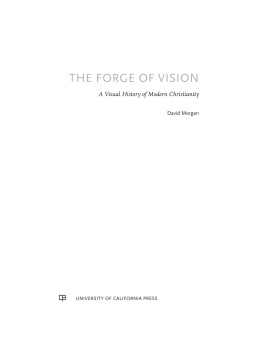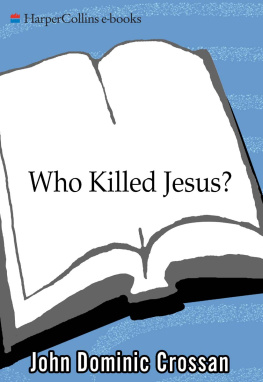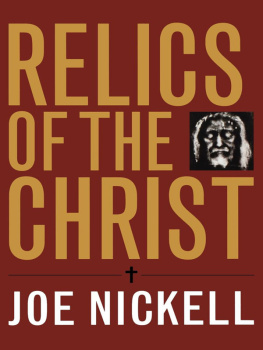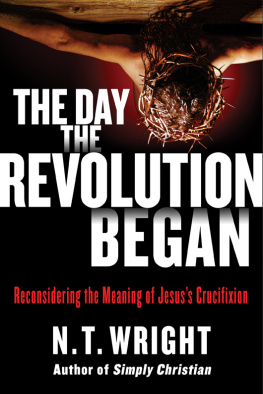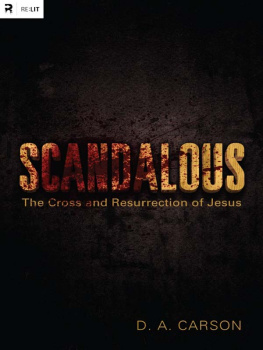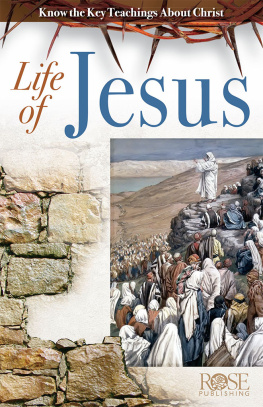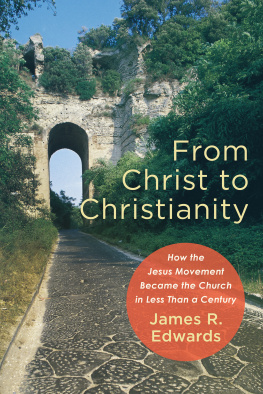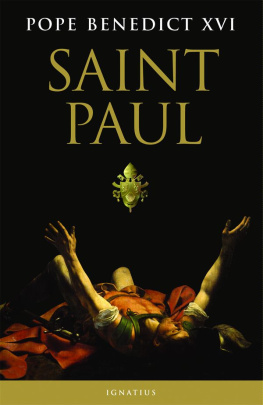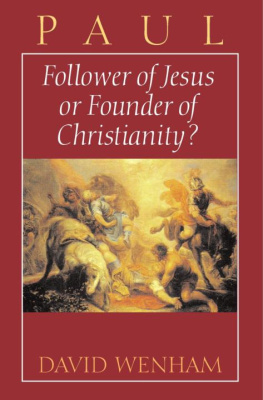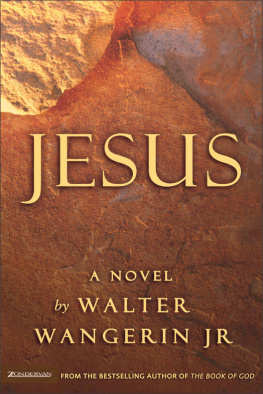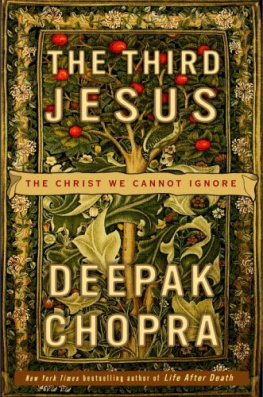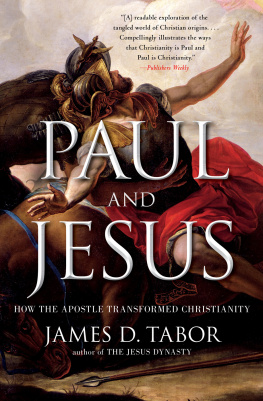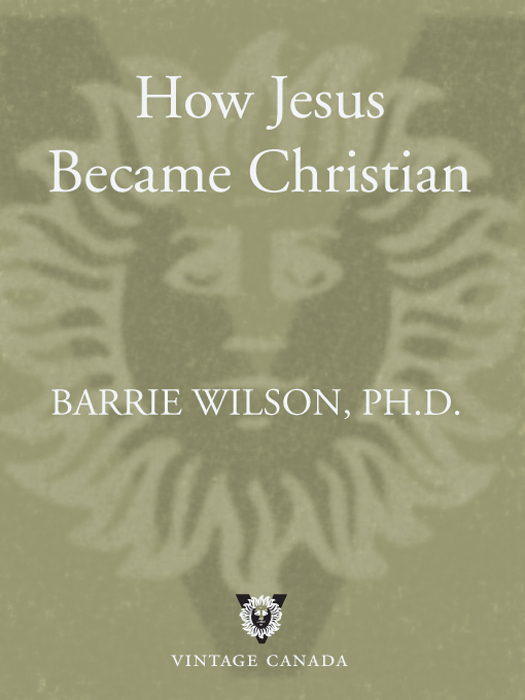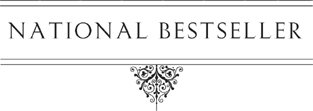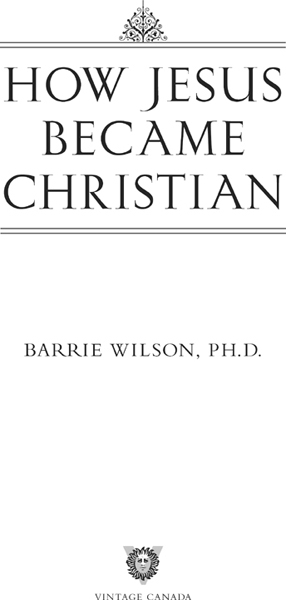ACKNOWLEDGMENTS
In the course of writing this work, I discovered it takes a village to create a book, and I owe a debt of gratitude to family, friends, colleagues, and students for helping to make these ideas a reality.
Special recognition goes to my children and their spousesJamie and Erin Wilson, David and Sarah Wilson, Michael Wilson, Dorothy Wilson and Jack Maillouxas well as my in-laws, Karl and Phyllis Reeser. Along with other family membersTed and Elizabeth Reeser, Joyce Forster, Martin Traub-Werner, Tamara Kronis, and Marion Wilsonthey provided ongoing support and encouragement.
A wonderful group of friends acted as cheerleaders along the way. I owe an important debt of gratitude to them for being so supportiveLani and Bryon Alexandroff, Elaine and Jack Barkin, Shira Benson, Joan and Zane Cohen, Rena and Len Gill, Kathy and Saul Glober, Linda and Arnold Gordon, Judi and Aron Kohn, Marian and Declan Magrane, Zelda and Tony Reich, Donna Shoom-Kirsch, Jenny and Julio Szmuilowicz, Lynn and Witold Szytkiel, and Marlene and Robbie Zeldin. They never failed to ask, How is the book coming along? Their interest clearly indicated that a history of early Christianity, told in nontechnical language, would resonate with a wide audience.
Many thanks also to my good friend, Suresh Chawla, who always insisted on clarity of thought and precise expression when presenting ideas.
I owe my colleagues at York University a debt of gratitude, especially Patrick Gray who epitomizes the meaning of a true colleague. We frequently taught a course on the Bible together, and, as we exchanged views in class, students often witnessed what was hopefully an intriguing scholarly debate. I am indebted to him for these high points in my teaching career as well as for his support at key stages in the publishing process. Another colleague, Joan Gibson, upon hearing the focus of my research, blurted out, What youre really tackling is how Jesus became Christian. That insight stuck as the title of the work, and I am very grateful to her for that contribution.
Lani Alexandroff, Carla Ionescu, and Tamara Kronis reviewed an early draft of this work. Their perspectives and useful comments helped me recognize what typical readers are apt to bring to the book by way of background knowledge.
A special salute goes to my literary agentJolle Delbourgo of Jolle Delbourgo and Associateswho saw the merits and potential of my ideas and who was instrumental in bringing the proposal to the attention of St. Martins Press. David Sobel, an experienced independent writer and editorial consultant, helped me write the initial book proposal and an early segment on Paul. To my editorsMichael Flamini of St. Martins Press, New York; Nick Garrison, Marion Garner, and Kendall Anderson of Random House, Canada; and Ben Buchan of Orion Publishing Group, Londonmany thanks to all of you for your critical eye and keeping my focus on the central story. Thanks also to the production personnel at St. Martins Press for a thoughtful and thorough review.
I have worked with thousands of students over the years from many different backgrounds. We have probed biblical texts together, studied their historical contexts, and questioned some of the things that faith leaders and scholars say about these important writings. To them I am grateful. Their interest, enthusiasm, and willingness to explore have made the study pleasurable. In particular, Dianne Cole, Jonathan von Kodar, and Janice Meighan challenged my thinking and helped sharpen my thesis.
I owe an enormous debt of gratitude to my wife and companion on lifes journey, Linda. She not only provided astute observations along the way, but also forced me to tell the story clearly, in normal languageto bring biblical scholarship out of academia into the mainstream in an interesting and engaging fashion. This I have tried to dobut you, reader, will have to be the judge of whether I succeeded.
PROLOGUE
A PERSONAL NOTE
How Jesus Became Christian is intended for general readers who are curious about the origins of Christianity, who are interested in the big picture, and who are perplexed by some of the same mysteries that have intrigued me over the years. How did the Jewish Jesus of history become the Gentile Christ of faith? How did early Christianity become a separate religion from Judaism? What really accounts for Christian anti-Semitism?
I first became aware of the Jewishness of Jesus in high school. A visiting speaker, a rabbi by the name of Dr. Joshua Stern of Temple Emanu-el in Montreal, introduced himself to a mixed Protestant-Jewish audience as, My name is Jesus [Joshua]. Jesus was Jewish. That was a new and interesting thoughtboth that Jesuss name was really Yeshua (Joshua in English) and that he was Jewish. I hadnt realized that before, and it is one of the few things I remember from my entire high school education. I dont think anyone intentionally hid that truth from me: Jesuss Jewishness just wasnt spoken of. Then or now.


